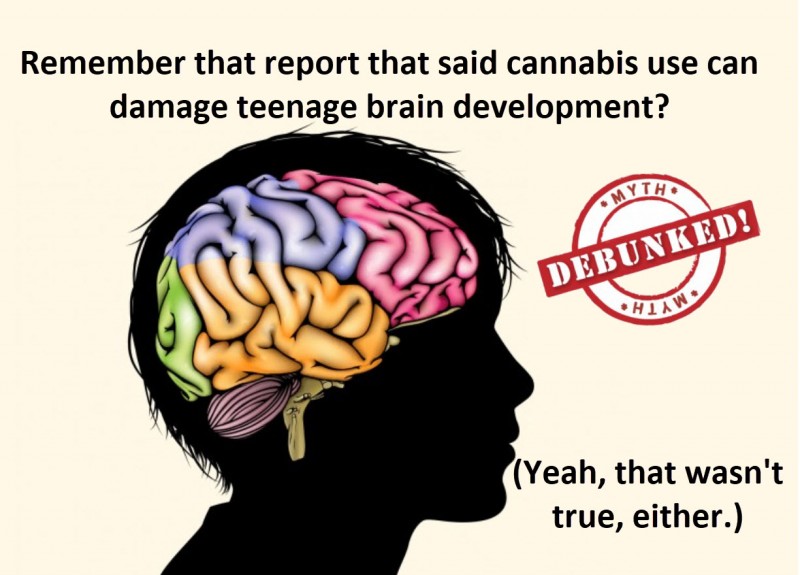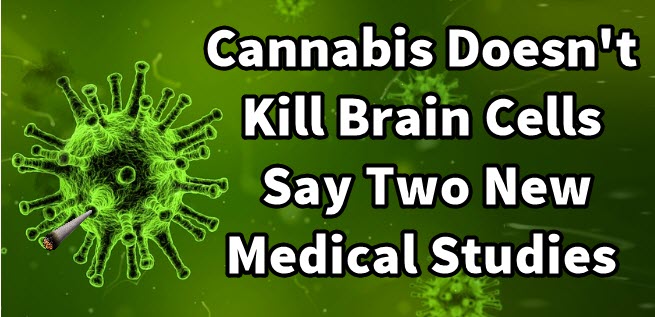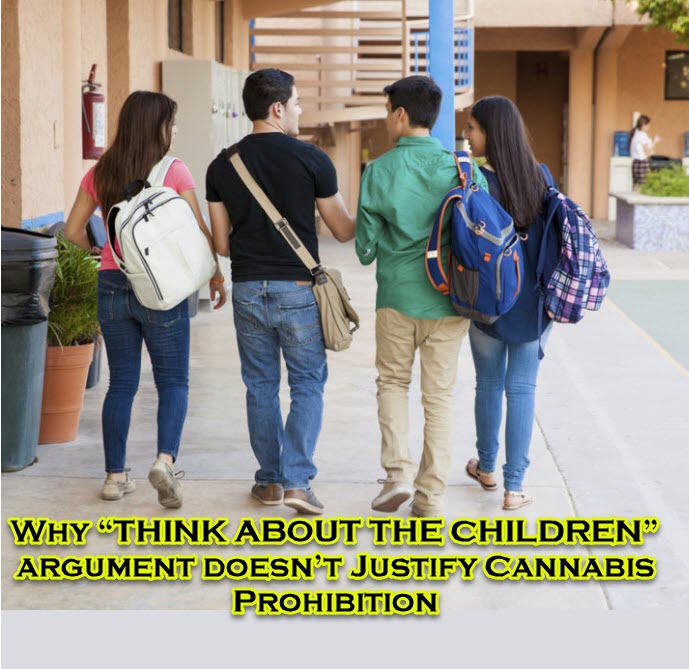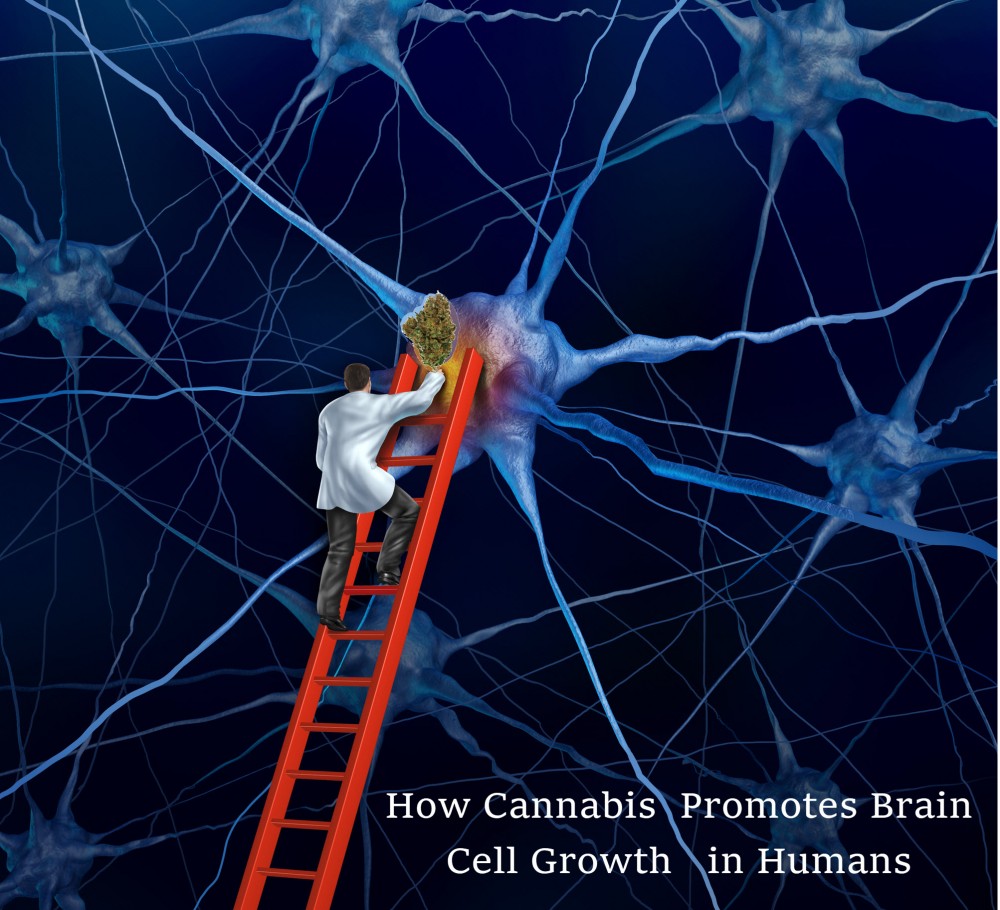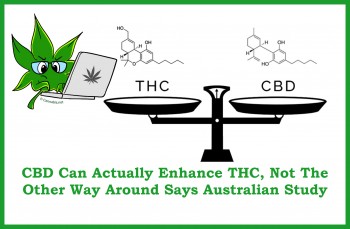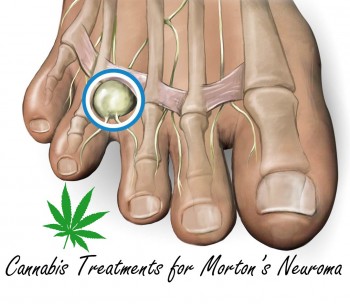Study Says Cannabis’ Effects On Young Brains Subside After 72 Hours
Study Says Pot's Effects On Young Brains Subside After 72 Hours from CannabisNet on Vimeo.
Underage cannabis use is one of the widely debated topics when it comes to legalization. Because cannabis remains a federally illegal substance, there is still a lot we don’t know when it comes to how it affects the developing brains of teenagers.
However, the few studies available all point to one thing: cannabis use is bad for the developing teenage brain. Parents and parents using cannabis should always stay updated to the latest studies.
Case in point: A recent University of Montreal study revealed that kids who start using cannabis at 14 years old face more difficulties in problem-solving and learning compared to those who start their habit at 17.
“There is no particular developmental event that happens at 17,” says lead researcher and psychologist Natalie Castellanos-Ryan. “The brain has just simply had more time to develop, making the brain of a 17-year-old less vulnerable to the drug’s neurotoxic effects.”
Other studies show that when teens smoke pot at least once a week, this alone is enough to change the structure of the brain, particularly affecting the areas that have to do with problem solving and memory, which can affect academic performance and cognition later on in life. In an NPR article, Krista Lisdahl, the director of brain imaging and neuropsychology at the University of Wisconsin, Milwaukee, talks about the impact of cannabis on teen brains. She says that teenagers are making a mistake when they smoke pot. “It’s the absolute worst time” Lisdahl says, since cannabis affects brain development. She says that the teen years is the “last golden opportunity to make the brain as healthy and smart as possible.”
These studies are just the tip of the iceberg among dozens of others that disprove teenage cannabis use.
But it seems that the tables have turned.
What The New Research Says
New research published on Wednesday in the JAMA Psychiatry journal analyzed 69 old studies examining the impact of heavy cannabis use on the cognitive function of young adults and adolescents. Overall, the researchers analyzed data taken from 2,152 frequent cannabis users; and 6,575 non-users. The average age of the participants is 21, although the age ranged from 10 to 50 years old.
They found that young people who were considered to be heavy cannabis users scored significantly lower than non-users when testing different cognitive domains including abstraction, speed of processing, learning, inhibition, delayed memory, and attention.
“There have been a couple of meta-analyses done in adult samples, but this is the first one to be done specifically in adolescent and young adult samples,” says Cobb Scott, lead author of the study and assistant professor of psychiatry at the Perelman School of Medicine at the University of Pennsylvania.
“We looked at everything from learning and memory to different aspects of executive functioning such as abstraction ability,” Scott says. “And we basically showed that the largest effects – which was around a third of a standard deviation – was in the learning of new information and some aspects of executive functioning, memory, and speed of processing.”
However, when the researchers divided the studies according to the amount of time spent abstaining from cannabis use, they found that the difference in cognitive performance among cannabis users and the non-users was no longer evident after 72 hours of abstinence. In other words, young adults who abstained from pot for 3 days or more scored just as well on tests as the non-users. These findings suggest “that some of the effects found in previous studies may be due to the residual effects of cannabis or potentially from withdrawal effects in heavy cannabis users,” added Scott.
“Associations between cannabis use and cognitive functioning in cross-sectional studies of adolescents and young adults are small and may be of questionable clinical importance for most individuals,” concludes the researchers. “Furthermore, abstinence of longer than 72 hours diminishes cognitive deficits associated with cannabis use. Although other outcomes (eg, psychosis) were not examined in the included studies, results indicate that previous studies of cannabis in youth may have overstated the magnitude and persistence of cognitive deficits associated with use.”
“It surprised, I think, all of us doing this analysis that the effects were not bigger than we found,” said Scott. “But I would say that the clinical significance of a quarter of a standard deviation is somewhat questionable.”
Even though a quarter of the deviation may be “questionable”, it could have a significant impact especially when analyzing a large population.
The researchers concluded that “future studies should examine individual differences in susceptibility to cannabis-associated cognitive dysfunction.”
Study Says Pot's Effects On Young Brains Subside After 72 Hours from CannabisNet on Vimeo.
OTHER STORIES YOU MAY ENJOY...
CANNABIS USE AND BRAIN CELLS, READ THIS..
OR...
WHY THINK ABOUT THE CHILDREN ISN'T A GOOD ARGUMENT, CLICK HERE.
OR..
REEFER MADNESS - KIDS GETTING EDIBLES, READ THIS...

